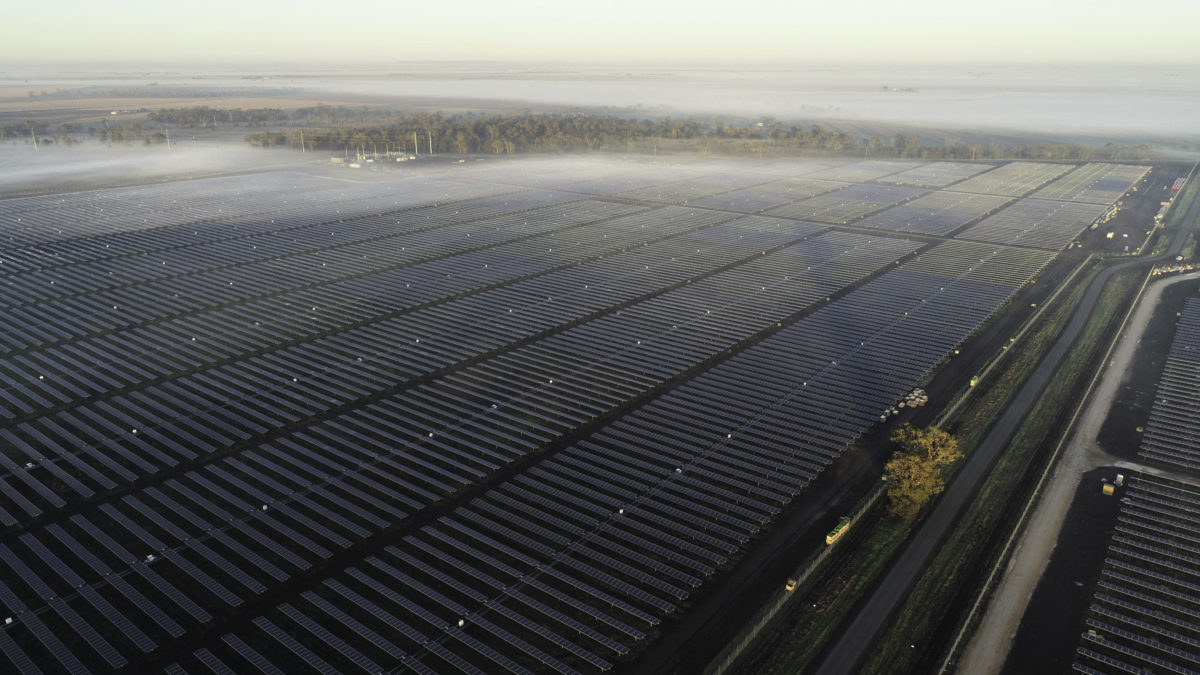China PV module manufacturer Risen Energy has completed the acquisition of the polysilicon business of Dunan Solar, an Inner Mongolia-based silicon manufacturer, and is now operating its own polysilicon factory in Bayannur city, Inner Mongolia, with current polysilicon capacity of 12,000 MT per year. Risen told pv magazine that it is comprehensively retrofitting the facility in late 2020 and early 2021 to improve both the productivity of current equipment and quality of output. Risen estimates that the annual output of 2021 will reach 15,000 MT. Part of the silicon products will be qualified for N-type solar cells. Different from other module giants that are looking for more wafer capacities for the sake of business security, Risen decided to build its own upstream polysilicon production, which was presumed to be the most likely shortage next year by most business insiders.
The municipal authorities of Dezhou City, Shandong Province, announced that one of the largest state-owned energy groups, China Huaneng Group (CHNG), began construction of a 200 MW floating PV plant at an unspecified location in China. The plant is part of a broader floating PV project with total capacity of 320 MW. Investment in the facility will by RMB819 million.
Shanghai-listed PV equipment supplier JYT Corporation announced on Wednesday that it signed an agreement with the government of Leshan City, Sichuan Province, for a new silicon ingot production facility with a capacity of 24 GW. According to JYT, the investment in the project is about RMB7 billion. The factory will be built in two 12 GW phases. The new facility will utilize its 1600 type mono-crystal grower, which makes the ingot compatible with 210mm wafer production, JYT said.
Module manufacturer JinkoSolar has signed a long-term purchase agreement with Tongwei for nearly 100,000 Metric Tons of polycrystalline silicon. “Under the agreement, JinkoSolar has locked in nearly 100,000 metric tons of polycrystalline silicon and both parties can negotiate additional purchases,” the company said in a statement released. “The price for any additional order will be negotiated and determined based on market conditions at that time.”
October sales figures released by Hong Kong-listed automaker BYD on Wednesday indicate electric vehicles are regaining ground on conventional models in China after the Covid-19 shutdown but are yet to recover to pre-crisis levels. BYD said it sold 23,217 “new energy” vehicles last month, compared to 12,567 in October last year. Figures doubled in most segments and the number of e-buses sold lept, year-on-year, from 294 to 1,023. Vehicle sales for the first 10 months of the year were still down, however, from 205,187 in the same period last year to 134,158. Conventional vehicle sales for the 10-month period were up from 171,738 last year to 182,549. Among those figures, gas-guzzling SUV sales have continued to surge, from 79,697 in the first 10 months of 2019 to 133,733 in 2020.
This content is protected by copyright and may not be reused. If you want to cooperate with us and would like to reuse some of our content, please contact: editors@pv-magazine.com.




By submitting this form you agree to pv magazine using your data for the purposes of publishing your comment.
Your personal data will only be disclosed or otherwise transmitted to third parties for the purposes of spam filtering or if this is necessary for technical maintenance of the website. Any other transfer to third parties will not take place unless this is justified on the basis of applicable data protection regulations or if pv magazine is legally obliged to do so.
You may revoke this consent at any time with effect for the future, in which case your personal data will be deleted immediately. Otherwise, your data will be deleted if pv magazine has processed your request or the purpose of data storage is fulfilled.
Further information on data privacy can be found in our Data Protection Policy.